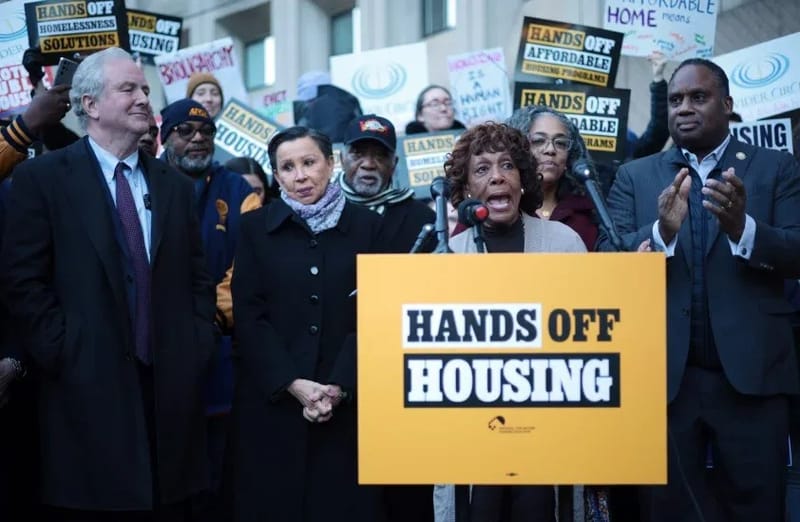Supreme Court to Review Louisiana Redistricting Case Over Congressional Map with New Majority-Black District
Louisiana’s GOP-led legislature approved a 2022 map with five majority-white, Republican-leaning districts and one majority-Black, Democratic-leaning district. Civil rights groups argue this setup marginalizes Black voters, who make up about a third of the state’s population.

map to be usedThe U.S. Supreme Court has agreed to review Louisiana’s contested congressional map featuring two majority-Black districts, delaying the case until 2025, despite upcoming elections proceeding under the challenged map. This decision leaves open a potential restructuring of Louisiana’s congressional lines, a shift that may significantly impact the balance of political power.
A federal court initially ruled that the current map violates Black voters' rights, but the Supreme Court’s emergency intervention allowed the map to be used in 2024. Louisiana’s Republican-majority legislature adopted the disputed map in 2022, preserving five majority-white, Republican-leaning districts alongside one majority-Black, Democratic-leaning district. Civil rights advocates contend this configuration marginalizes Black voters, who constitute roughly a third of the state’s population.
The case returns to the high court amid heightened scrutiny of redistricting practices across states. Louisiana Governor Jeff Landry, a Republican and former attorney general, initially supported the existing map but has recently proposed an alternative that stretches a second majority-Black district across several Louisiana regions, including Shreveport, Lafayette, and Baton Rouge. This alternative gained support in a special legislative session, although another legal challenge claims the design overly focuses on racial demographics.
Louisiana Attorney General Liz Murrill argued for a clear Supreme Court directive on redistricting to minimize judicial intervention and preserve legislative authority. Civil rights groups, meanwhile, assert that federal law mandates equitable representation for Louisiana’s Black communities. NAACP attorney Stuart Naifeh emphasized that the state’s adoption of a new majority-Black district signifies acknowledgment of Black communities’ electoral power.
This dispute echoes recent Supreme Court decisions that mandated a redistricting overhaul in Alabama, another case of alleged racial gerrymandering. A federal court has ordered Louisiana lawmakers to establish a new map by early 2024 or face a court-imposed solution.
In a May opinion, Justice Ketanji Brown Jackson, joined by two other liberal justices, argued that ample time exists to implement a new map before upcoming elections. The case’s eventual outcome will likely shape how states approach racially charged redistricting, especially where political and racial lines intersect.






